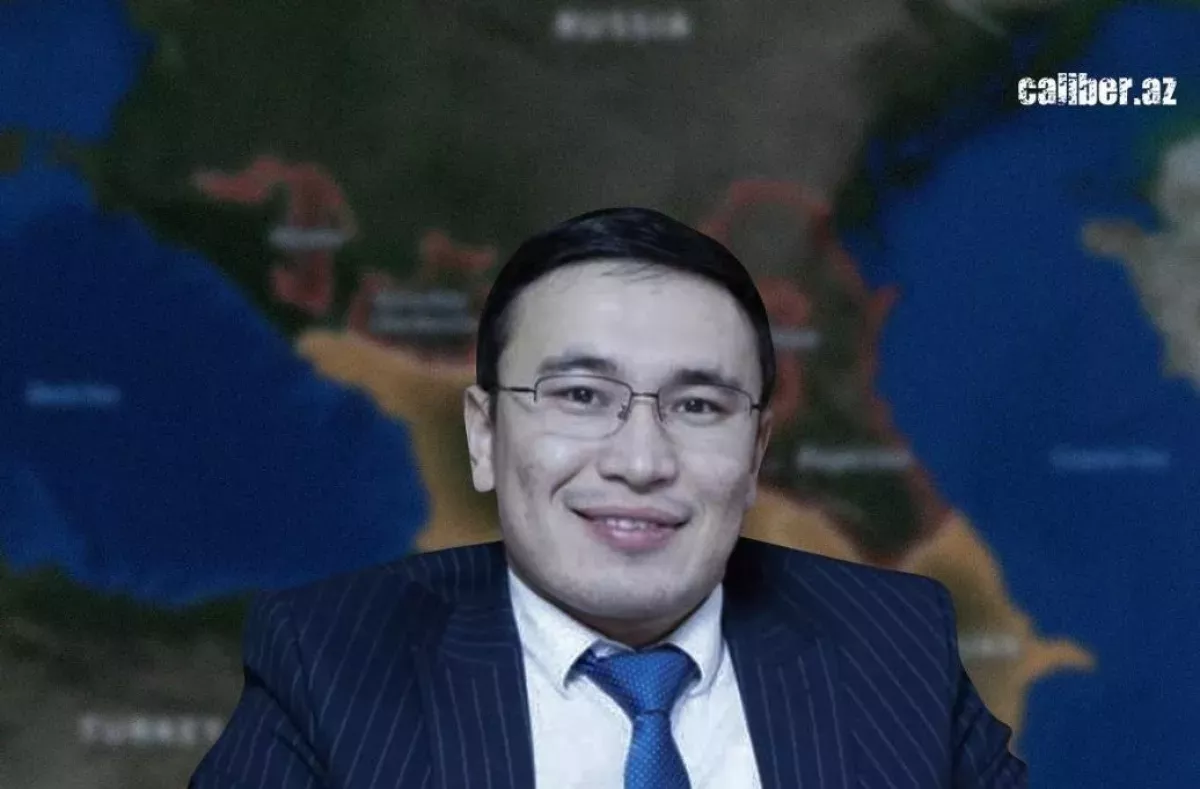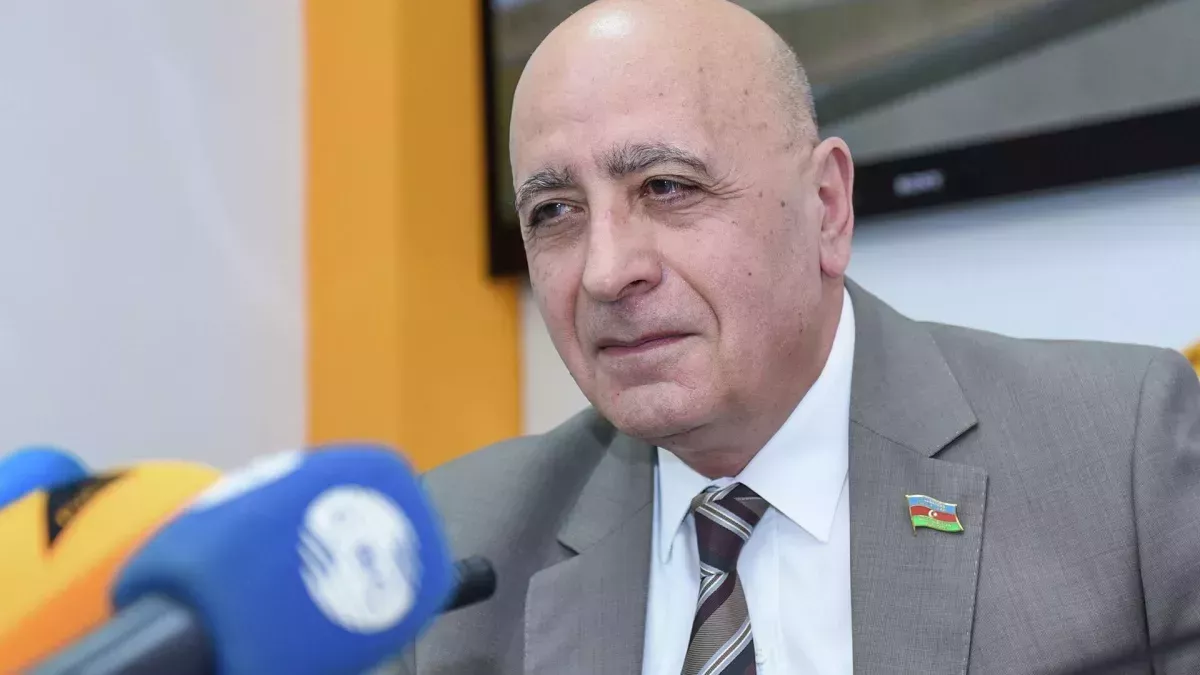“New Armenia”: strategic vision or concession to circumstances? Experts analyse Pashinyan’s foreign policy shift
During his speech at the “Leadership at the Crossroads” discussions, held as part of the 8th Paris Peace Forum, the Prime Minister of Armenia made a number of rather notable statements. Pashinyan stated that, “Analyzing the global situation, the situation in the region, perhaps we and Azerbaijan realized that there may be some common interests.”
“Perhaps we have begun to realize that there could be common ground for common interests, in particular to strengthen our independence, sovereignty, and our statehoods, considering that history has shown that we benefit [from this].
By the way, at the beginning of the 20th century, we gained independence together — within three days. In 1918, we achieved independence, and after that, a few years later, we simultaneously lost our independence — Azerbaijan, Armenia, and Georgia. In 1991, we gained independence simultaneously, together, and perhaps some time later we realized that there could be a common threat to our independence,” Pashinyan said.
Moreover, he also emphasised the importance of Georgia in the process of integrating mutual interests.
“This is, in a way, again linked to the European prospects of another country in the region — Georgia. The adoption of this law in Armenia became possible because a year ago Georgia received the status of a candidate country for EU membership. I cannot say, as this is also a matter of geography. But in Armenia’s case, I believe Georgia’s European prospects are very important,” said the Armenian Prime Minister.
What explains Nikol Pashinyan’s such obvious focus on integration processes and the formulation of a strategy of common interests, something that official Yerevan had never really considered for many years?
Kazakh, Azerbaijani, and Georgian political analysts weigh in on this question for Caliber.Az.

Kazakh political analyst and South Caucasus expert Azat Akhmetov is confident that Pashinyan has finally reached an important and clear decision—to turn to the support of Armenia’s neighbouring states. In his view, in the face of the domestic and foreign policy reforms that Yerevan is implementing, Armenia will need the support of both Azerbaijan and Georgia, since without relying on the ubiquitous Armenian lobby, Armenia is a country with rather limited diplomatic capabilities.
“By moving away from isolation and its previously toxic foreign policy, Armenia is, to a large extent, losing those sponsors and partners who had supported it all this time—albeit in pursuit of their own interests. There is also a significant rift between Pashinyan and the Armenian lobby and diaspora, which effectively forces the country to completely reassess its priorities, primarily by establishing close political and economic cooperation with Azerbaijan and Georgia. Yerevan’s former partners—France, Iran, and others—will now have to engage with Armenia based on these new realities,” Akhmetov stated.

Meanwhile, Azerbaijani political analyst and MP Rasim Musabayov believes that it may not be necessary to analyse every word or statement of the Armenian Prime Minister—many contain domestic political messaging, populism, and contradictions.
“Although Nikol Pashinyan did not address the issue directly, his words suggest that the South Caucasus states—Azerbaijan, Georgia, and Armenia—need to put aside their disagreements and consolidate their relations in the face of external threats, which he apparently refers to as Russia. And here he has reason to be concerned. It is no secret that in Yerevan there is little doubt that the Russian Federation poses a threat to Armenia’s sovereignty, to Pashinyan’s government, and is determined to achieve this either through street protests or parliamentary elections. In this context, Pashinyan’s reference to the loss of independence by the South Caucasus republics in the 1920s is hardly accidental,” Musabayov said.

According to Georgian political analyst Tengiz Javakhadze, Pashinyan is taking steps that are understandable, though compelled by circumstance.
“Until very recently, Armenian foreign policy was overtly egocentric, but its orbit is now undergoing changes. Since Yerevan has decided to initiate processes for integrating into the regional system of connections, including unblocking communications, a shift in rhetoric has become necessary. There is simply no alternative. Moreover, I would say that Yerevan’s response is rather belated—Armenia long forgot that Georgia is an important partner purely from a geopolitical standpoint, but it is finally time to acknowledge this. For a prolonged period, Yerevan managed its relations with Tbilisi only on a ‘when needed’ vertical basis, never attempting a full reset, which meant that our ties became largely conditional, operating, so to speak, on inertia. Much of the blame lies with previous Armenian leaders, accustomed to living in isolation, who saw a hidden enemy in Georgia because it is a strategic partner of Azerbaijan, and Baku and Tbilisi have almost always supported each other politically. Yet in reality, Tbilisi demonstrated to Yerevan by example what kind of policy should be pursued in the region—a policy of maximum openness, seeking friends rather than enemies,” Javakhadze concluded.








